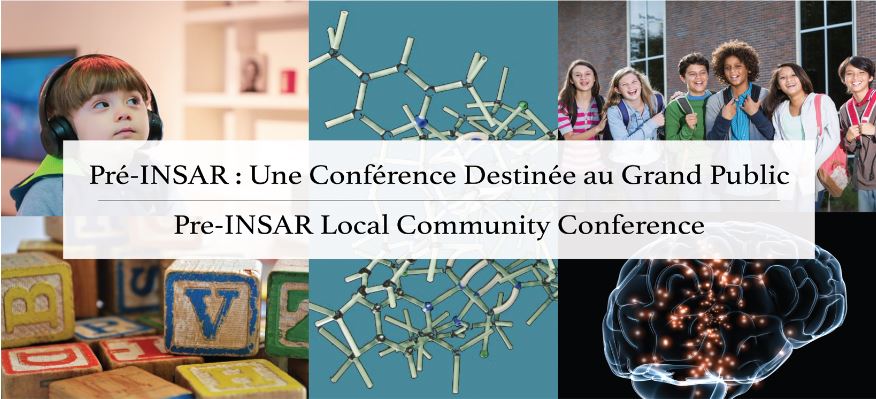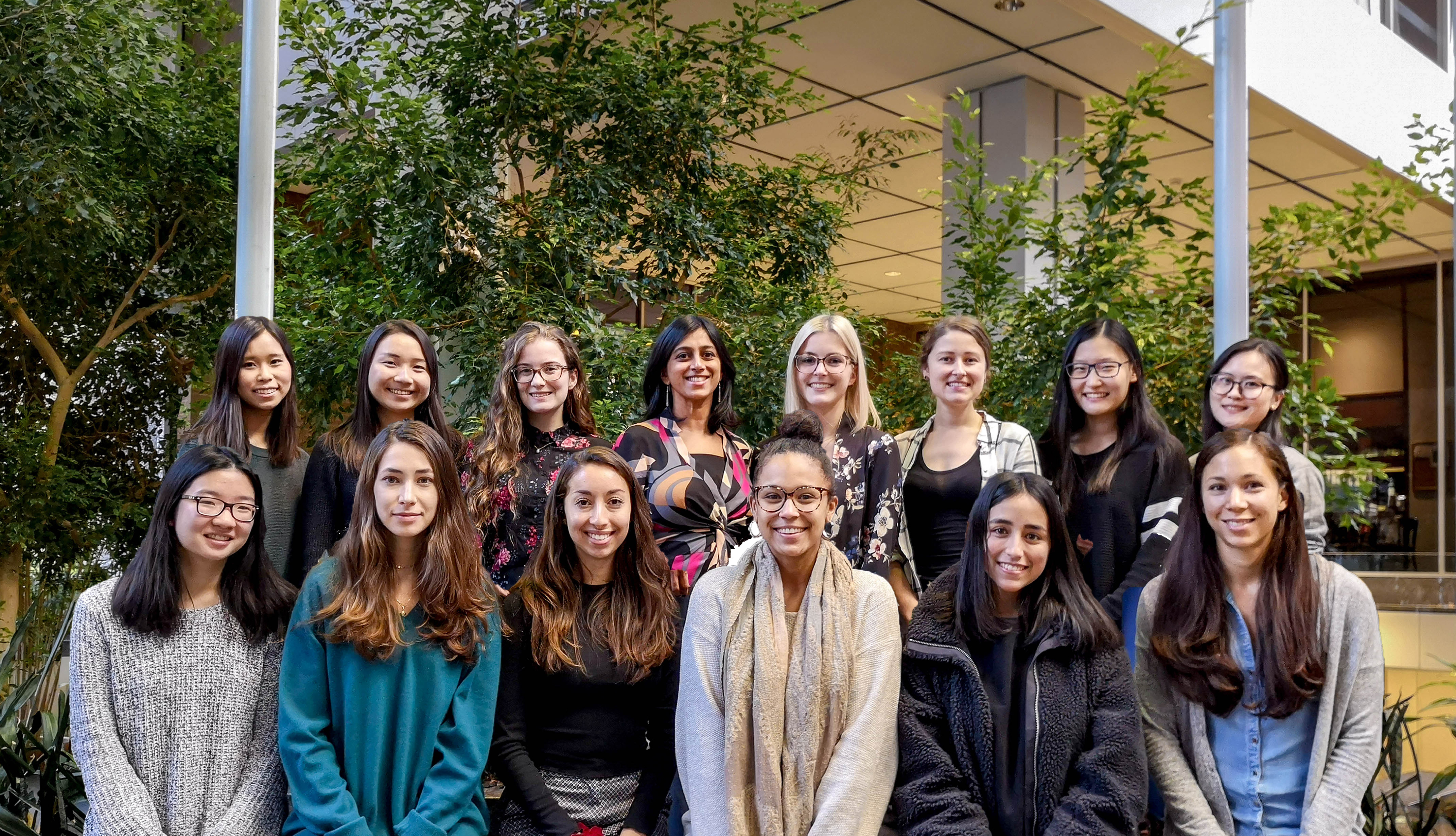
Bilingualism and Autism Newsletter
February 2019
Dear POP lab participant,
Happy autism awareness month! During the month of April, people from around the world come together to increase the public's understanding of autism to increase social inclusion.
We would like to thank you for participating in our research and helping us raise awareness of autism!


The PoP Lab is organizing a community and professional workshop at the International Society for Autism Research pre-conference on May 1st: Growing up bilingual with autism: advantages and challenges, and how to make evidence-informed choices. There will also be other interesting workshops this afternoon for educators, social service and healthcare professionals, families and people on the spectrum. To register, please visit this link: https://preinsar.eventbrite.com
There are many other exciting events happening as part of a larger Autism Festival, including an art and cultural event on Friday May 3rd that is open to the public: https://www.eventbrite.ca/e/autismcreatifs-autismcreates-registration59730476463
What impact does bilingualism have on children with autism?
Given that children with autism often experience language delays, should we be concerned about bilingualism? Many believe that it may be harmful for their language development. However, research evidence shows that this is not the case.
Our lab has been examining whether bilingualism may in fact hold cognitive advantages for children with autism. Studies with the general population have shown that bilingualism enhances certain executive functions. These are cognitive control processes that allow us to carry out daily life tasks.
We have also been examining the effects of bilingualism on different aspects of language development.
February 2019 Newsletter
Verbal Fluency
Today's newsletter focuses on the article "Verbal Fluency in bilingual children with Autism Spectrum Disorders" (GonzalezBarrero & Nadig, 2017).
Task:
Here, we asked children to name as many animals as they could think of in 1 minute. This word generation task allowed us to measure vocabulary knowledge and an executive function called generativity. Bilingual children were tested in each language on a different day.

Findings!
We found that bilinguals with autism produced more correct words in the task than their monolingual peers. Since the groups were matched on many important factors such as non-verbal IQ and autism symptoms, we could attribute this difference in performance to their bilingualism.
What does this mean?
It means that in the context of this task, bilingualism was not harmful. In fact, bilingual children produced more correct words than their monolingual peers. This may reflect enhanced generativity in the bilingual group.
Gonzalez-Barrero, A. & Nadig, A. (2017). Verbal fluency in bilingual children with Autism Spectrum Disorders. Linguistic Approaches to Bilingualism, 7 (3-4), 460-475. Nadig http://dx.doi.org: 10.1075/lab.15023.gon
Press Coverage
In this podcast by the Anderson Center for Autism, Professor Nadig talks about the research your family contributed to on bilingualism in children with autism. To hear the podcast, click on the link below!

Our Team
The team at the POP Lab, led by Aparna Nadig, is made up of research assistants, undergraduate research project students, masters and doctoral students all passionate about the elds of pragmatic development, social communication, and language and communication in individuals with autism spectrum disorders.

Top: Dorothy L., Claudia L., Karleen M., Aparna N., Alexane D., Angela M., Grace G., Chris H.
Bottom: Sabrina R., Melanie C., Nadia E., Aryana N., Cynthia D., Stephanie L.
Thanks for reading!
We'd be happy to hear from you at poplab.scsd@mcgill.ca. Stay tuned for our next newsletter in April on the topic of cognitive flexibility!
The POP Lab